The real-world history that inspired Assassin's Creed and its story
The Assassin Order from Ubisoft's hit series Assassin's Creed is based on a real-life ancient organization. Here's the real-world history behind our favorite fictional stealth killers.
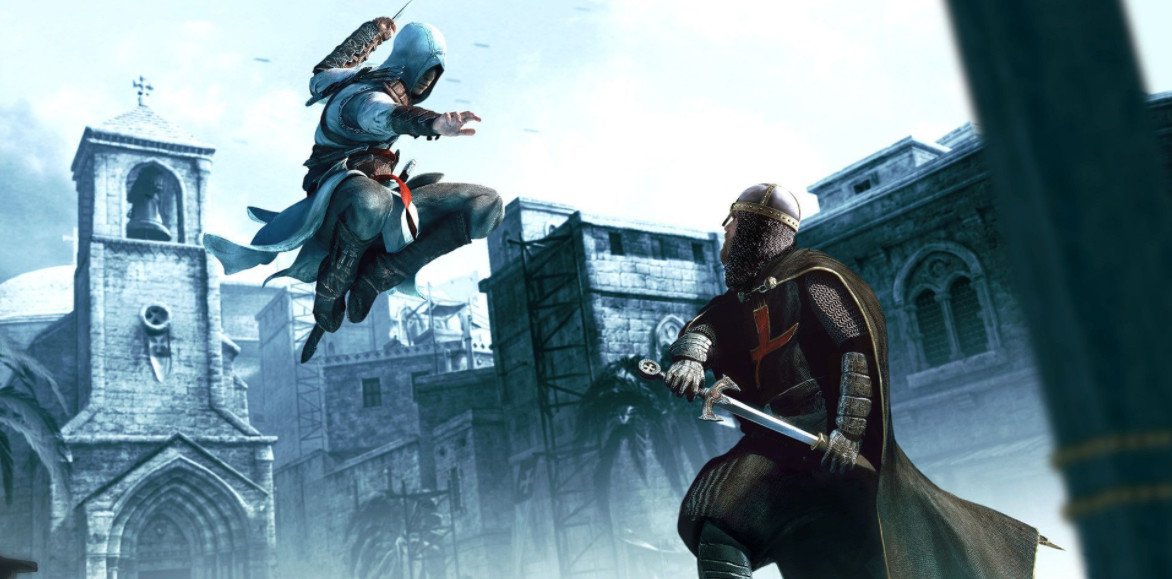
All the latest news, reviews, and guides for Windows and Xbox diehards.
You are now subscribed
Your newsletter sign-up was successful
With Assassin's Creed: Origins set to deliver us the lore behind the creation of the Assassin Brotherhood in the Assassin's Creed universe this October, I thought it would be a fun explore the secret clan that inspired the entire series in the first place: the medieval Hashashins. Indeed, while the upcoming tale of Bayek and his journey through Egypt will tell us the origins of the Assassins in Ubisoft's universe, the Assassin Order itself was based on this real-world organization of spies and (unsurprisingly) assassins.
The origins of the Hashashins
According to Saladin and The Fall of the Kingdom of Jerusalem1, The Hashashins (Arabic and Persian for "assassins") originated in 1094 in Syria (and what is now northern Iran) under the leadership of Hassan-i Sabbah, a popular and well-respected Shia Muslim, in order to topple his enemies amidst the religious and political unrest in the Holy Lands. Searching for a place to establish a headquarters for his Order, Sabbah chose the fortress at Alamut, a sturdy, highly-defensible place by any midieval standard. Due to his high status, Sabbah had little problems gaining a serious following. As a result, it wasn't long after the settling at Alamut that the Hashashins (also referred to as Nizari Ismailis, considered a branch of the traditional Shia Muslims) began using agents of both espionage and assassination to gain a political foothold and eliminate key targets. These actions paved the way for expansion soon after.
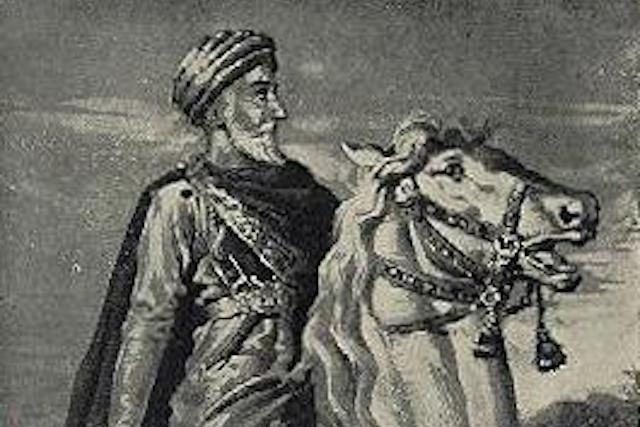
Rise to power
The Hashashins quickly became notorious for their cunning throughout the land.
The Hashashins managed to capture and control several similar fortresses along Syria's mountain ranges, and as a result their influence and size continued to grow. With a large emphasis on training these new followers, the ranks of the Order's operatives swelled, and the Hashashins quickly became notorious for their cunning throughout the land. According to The Old Man of the Mountain2, only the best of the best became assassins. Members responsible for performing assassination were extensively trained not only to be masters of combat, but also to be masters of the mind. Many of the assigned assassinations required extremely meticulous planning and adaptability to avoid enemy security and get close to targets. The assassins also had to be both young and in their physical prime, in order to stealthily and quickly perform physical actions on their missions. In matters where assassination was not deemed necessary, other agents of the Order made use of non-lethal tactics, such as various forms of psychological warfare.
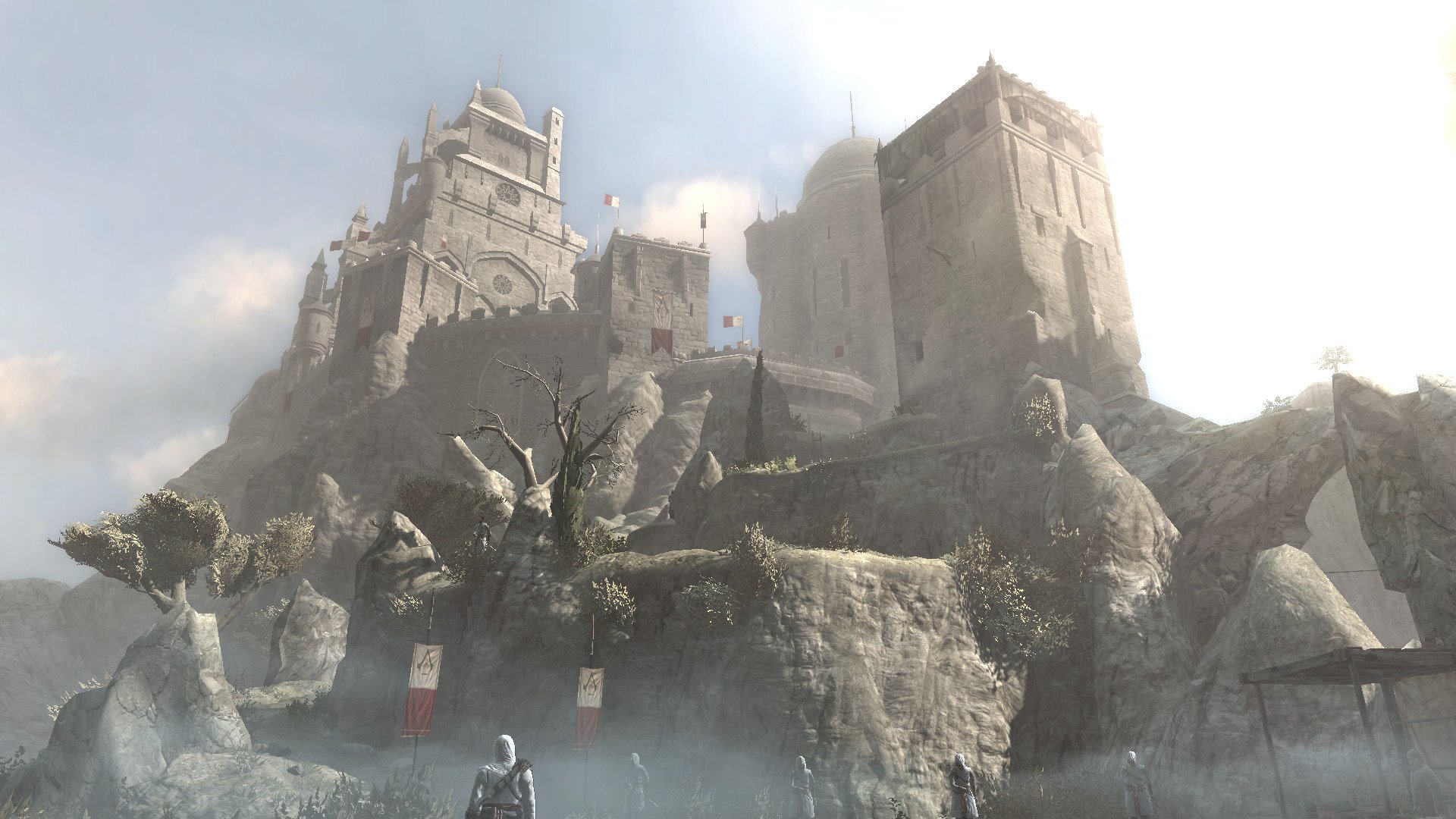
The agents of the Order would prove to be one of the biggest threats to the Christian armies that began invading in 1095, marking the beginning of the First Crusade. The Hashashins often were deployed in eliminating Crusade leaders and other important figures, and were also often successful. While it's true that the Crusaders targeted Hassan-i Sabbah and his Order, they never managed to defeat it — though the Crusaders were also engaged in war with other Islamic groups across the Holy Lands. When Sabbah fell ill and died in 1124 (he had lived 90 years - an exceptionally long life for a man in the medieval times!), a new leader rose to power for the Hashashins, and they continued to carry out assassinations and other activities against both Crusaders and enemy Islamic factions alike for over a hundred years, according to Hassan-i-Sabbah and the Assassins3.
Downfall and the aftermath
While the Hashashins continued to be successful for an extended period following the death of their founder, this success would not last forever. As noted in The Mongol campaigns in Asia4, the Mongol Empire began attempting to invade Syria in the 1240s, and while the various groups there were able to hold them off for over a decade, they finally found success in 1253 — besieging the Hashashin fortresses. These attacks were devastating against the Order, and while they put up a strong fight, all of their fortresses (including their headquarters at Alamut) were sacked by 1256. The Hashashins were suddenly in dire straits, clinging to what little territory and strength they had left.
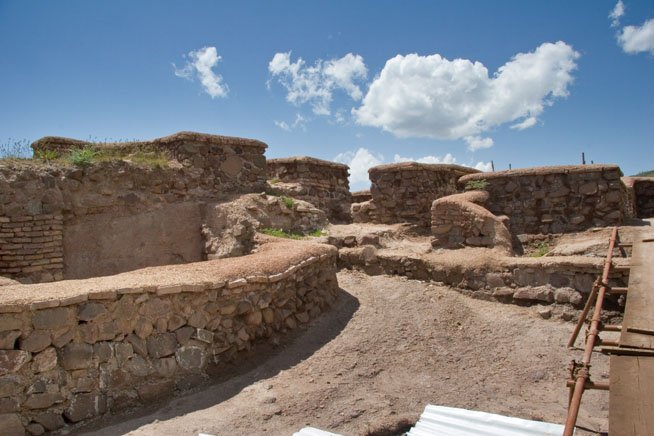
When the Mongols were pushed out of Alamut by other Islamic forces, the Hashashins were able to briefly recapture it in 1275. By then the group was a shadow of its former self and not strong enough to return to past former glories. It is around this time that the Order was thought to have disbanded. No official records exist from here on, though it was rumored that many surviving Hashashins became mercenaries.
Comparison to the games
Veteran fans of the Assassin's Creed series will know that the Hashashins are, in fact, represented in the games. Specifically, they are the sect we encounter in the very first game from 2007.
All the latest news, reviews, and guides for Windows and Xbox diehards.
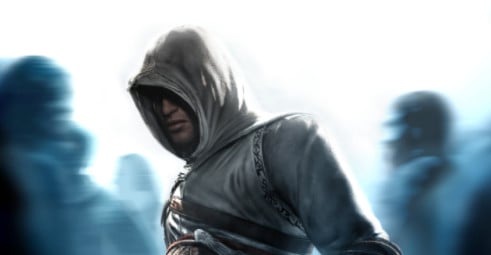
While much of the historical information in the original Assassin's Creed is actually quite accurate, there are some big differences between the real-world Hashashins and Ubisoft's Assassin Brotherhood.
Firstly, the Hashashins never wore the iconic hooded outfit that is donned by all Assassins. Disguising was a core element to their tactics, but the Hashashins chose a disguise that made them look as ordinary as possible, depending on the situation. For example, the Hashashin responsible for an assassination in the streets would be wearing the clothes of a peasant; if the assassination took place in an extravagant party, then the killer would have worn fancy, lavish clothing.2
Secondly, the two Orders share fundamentally different ideals. While the Hashashins fought for their Shia beliefs and for Hassan-i Sabbah against his political enemies1, the Assassin Brotherhood's motivation is more global. They fight to preserve freedom and individualism.
Lastly (and sadly, because they're so cool) the Hashashins never made use of any sort of hidden blade that Ubisoft's Assassins make frequent use of, according to all records of the time period. Many records, such as The Templars and the Assassins5, indicate that the Hashashins made use of small, concealable daggers.
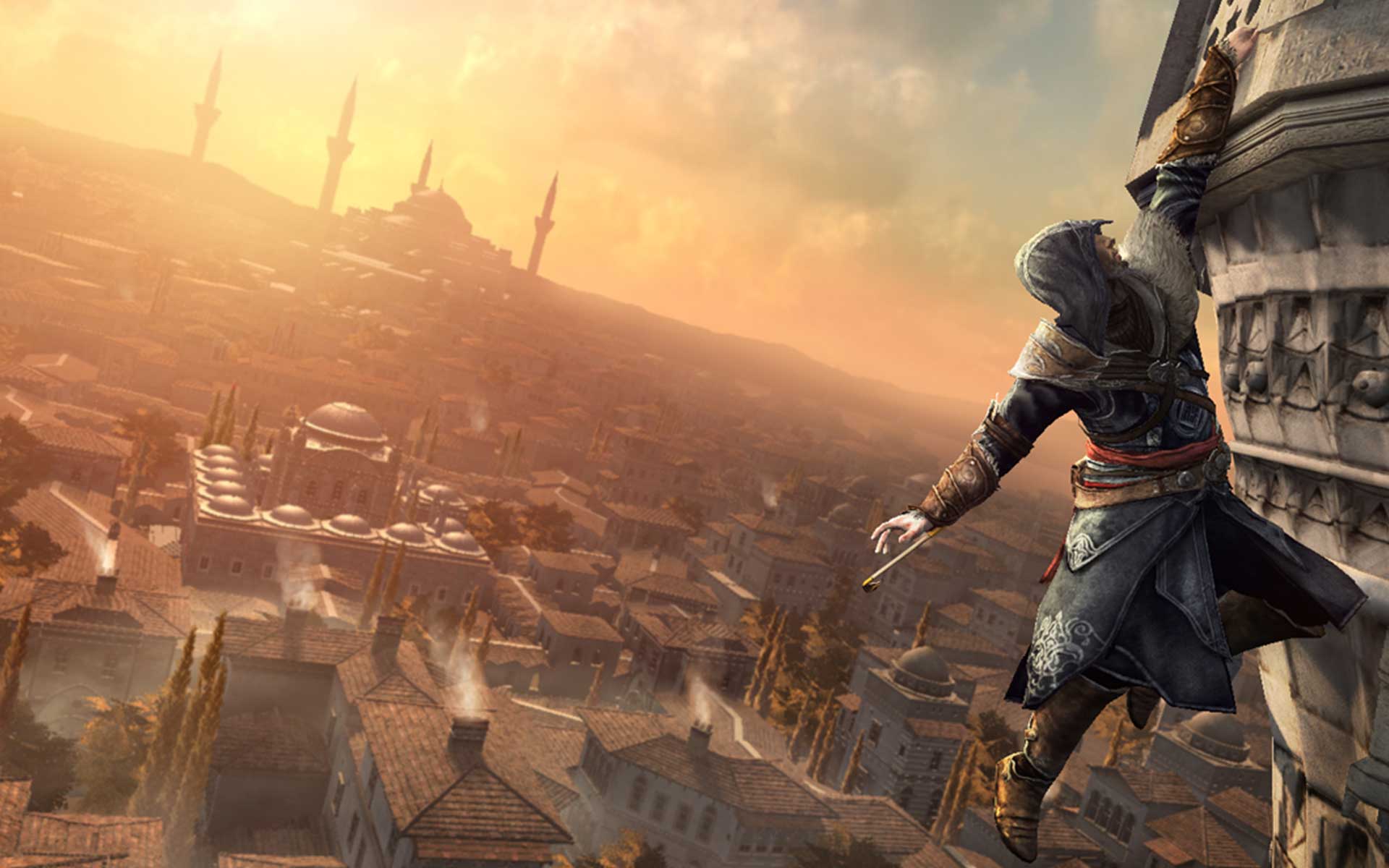
There you have it: the real-world history behind Assassin's Creed. What do you think of how Ubisoft based their fictional Assassin Brotherhood on real-life historical assassins? I, for one, love it, and I'm extremely interested to see how they plan on explaining the origins of the in-game Assassins in the upcoming installment.
Assassin's Creed: Origins takes a leap of faith onto shelves on October 27th, 2017, and will be available on Xbox One, PlayStation 4 and PC.
Sources
[1] Lane-Poole, Stanley. (1906) Saladin and the Fall of the Kingdom of Jerusalem. G.P. Putnam's Sons.
[2] Nowell, Charles. (1947) The Old Man of the Mountain. The University of Chicago Press.
[3] Lockhart, Lawrence. (1930) Hassan-i-Sabbah and the Assassins. University of London.
[4] Benson, Douglas. (1991) The Mongol campaigns in Asia. Benson, Douglas. (Self-published)
[5] Wasserman, James. (2001) The Templars and the Assassins. Simon & Schuster.

Brendan Lowry is a Windows Central writer and Oakland University graduate with a burning passion for video games, of which he's been an avid fan since childhood. He's been writing for Team WC since the summer of 2017, and you'll find him doing news, editorials, reviews, and general coverage on everything gaming, Xbox, and Windows PC. His favorite game of all time is probably NieR: Automata, though Elden Ring, Fallout: New Vegas, and Team Fortress 2 are in the running, too. When he's not writing or gaming, there's a good chance he's either watching an interesting new movie or TV show or actually going outside for once. Follow him on X (Twitter).
